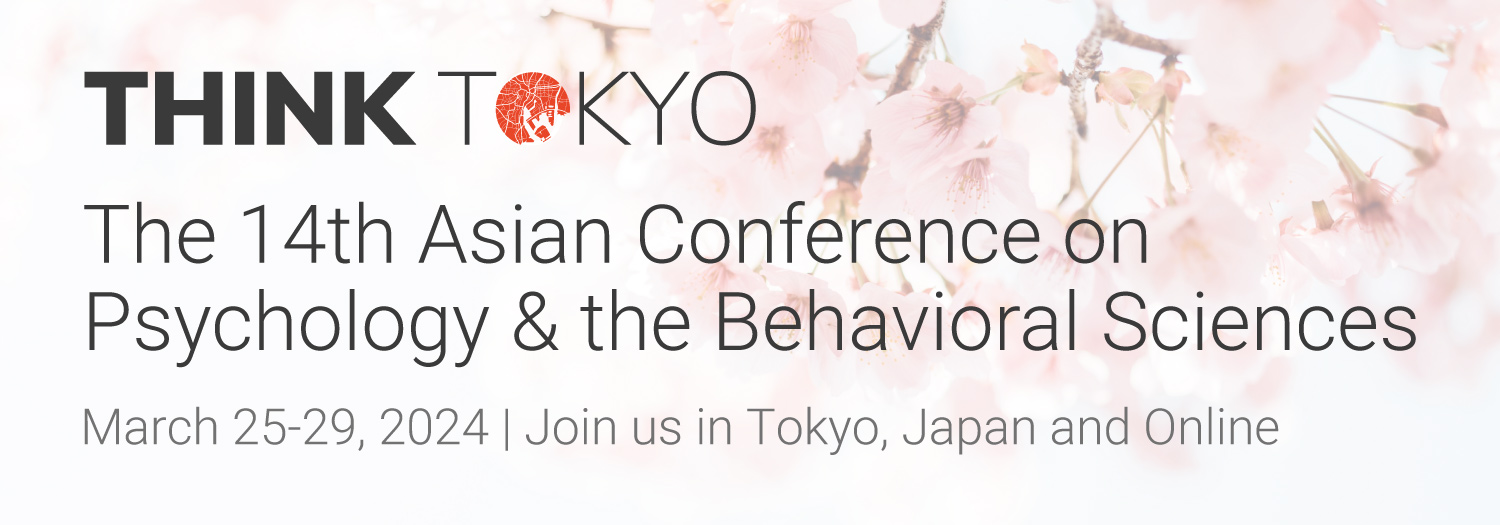Family Stigma Among Caregivers of People with Psychosis in Yogyakarta, Indonesia (78968)
Session Chair: Joo Hou Ng
Friday, 29 March 2024 13:05
Session: Session 3
Room: Room D (Live Stream)
Presentation Type: Live-Stream Presentation
Stigma affects not only patients but also caregivers of people with psychosis. The number of studies exploring the stigma faced by families of people with psychosis in Indonesia remains limited. This study aims to measure the degrees of family stigma and its correlates among family caregivers of people with psychosis in Yogyakarta, Indonesia. A total of 160 family caregivers of individuals who experience psychosis were recruited at the public health center (puskesmas), outpatient hospital psychiatric clinic, and spiritual-based rehabilitation center in Yogyakarta, Indonesia. Participants completed the Family Interview Schedule (FIS), sociodemographic, and clinical factors questionnaires. We employed descriptive analysis, binary and multinominal logistics regression to explore the stigma levels and its correlates among caregivers of individuals with psychosis. The study revealed that 62.5% of participants experienced family stigma reported low stigma, while 37.5% showed high stigma. Awareness-raising efforts received the highest positive response at 73.1%. Grief or depression was reported by 56.3% of participants due to their family member’s condition. Only 13.1% expressed the need to hide the illness. Family caregivers living alone were five times more likely to have higher stigma than those at spiritual-based rehabilitation centers (OR=4.86, 95% CI=4.18-5.66). Positive responses to awareness efforts reflect effective education. The significant proportion experiencing grief or depression highlights the need for targeted support. Tailored support is essential for caregivers living alone, as they face elevated stigma and a substantial emotional burden. Findings emphasize the essentiality of emphasizing holistic destigmatization, emotional support, and community integration.
Authors:
Ria Dwi Agustina, McGill University, Canada
M. A. Subandi, University of Gadjah Mada, Indonesia
Diana Setiyawati, University of Gadjah Mada, Indonesia
Laurence Kirmayer, McGill University, Canada
About the Presenter(s)
Ms Ria Dwi Agustina is a University Doctoral Student at McGill University in Canada
See this presentation on the full schedule – Friday Schedule





Comments
Powered by WP LinkPress